Meet the 13 Most Important Spanish Philosophers
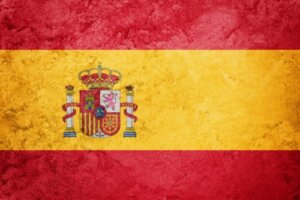
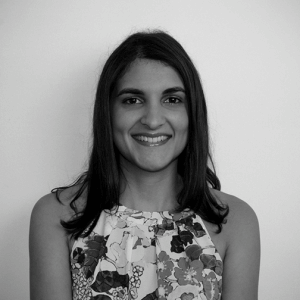
Reviewed and approved by the philosopher Maria Alejandra Morgado Cusati
From ancient times to the present day, there have been several Spanish philosophers who, with their reflections on the world, existence, and humankind, have left an invaluable mark on the history of thought. That’s why, in this article, we would like to honor these thinkers by presenting a list of the most important Spanish philosophers and their contributions.
Although many Spanish philosophers have had a great influence on thought in general, we have chosen those whose reflections stand out for their depth and complexity. Let’s have a look at them.
1. Seneca (4 B.C. – 65 A.D.)
Lucio Anneo Seneca, born in Cordoba (Hispania), was one of the greatest representatives of Stoicism and one of the most famous ancient thinkers. His philosophy proposed the mastery of passions through reason and virtue.
He defended that true happiness is obtained in simplicity, leaving aside material goods. His version of Stoicism became known as senekism and was characterized by its call to respect human freedom, avoid vice and revenge, and be kind to others.
2. Averroes (1126 – 1198)
Ibn Rushd, better known as Averroes, was an Andalusian philosopher of Arabic descent. In addition to producing a medical encyclopedia, he wrote commentaries on the works of Aristotle. Hence he was known as “the Commentator”.
Likewise, in his work Incoherence of the Incoherence, he defends the relationship between philosophy and faith, affirming that the two are neither opposed nor separate. On the contrary, they are ways that allow us to arrive at the one truth.
3. Ramon Llull (1232 – 1316)
Llull was a philosopher, poet, mystic, theologian and missionary of Mallorcan origin, who wrote more than 250 works in Catalan, Latin, and Arabic. He is also known for his attempt to convert Muslims to Christianity through a series of logical and reasoned steps.
In fact, he tried to build a kind of machine (baptized by the author as Ars generalis ultima or Ars maMagnathat, using logic, would be able to lead us to the spiritual truth.
He is also considered one of the first writers to use a neo-Latin language (Catalan) to express philosophical, scientific, and technical knowledge, in addition to novelistic texts.
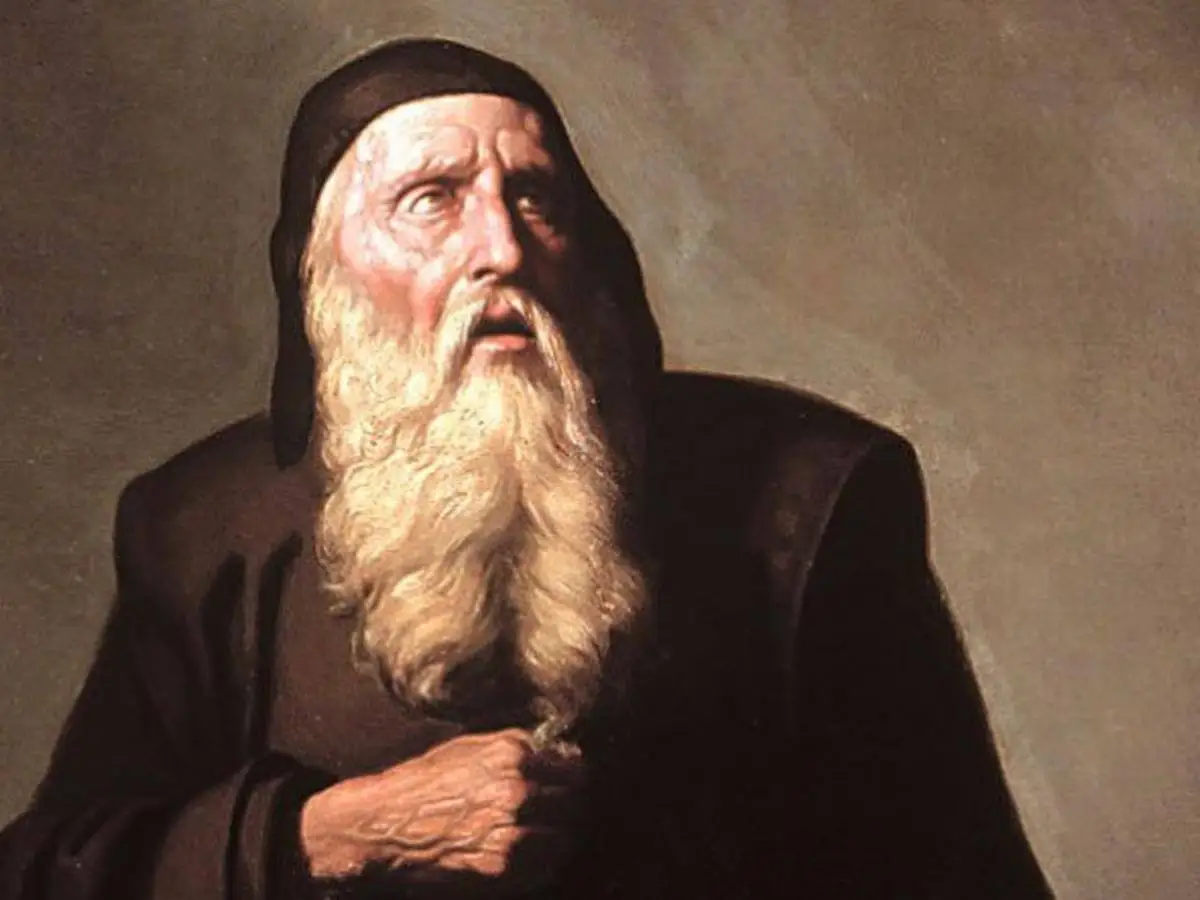
4. Juan Luis Vives (theologian, 1493 – 1540)
Another of Spain’s most important philosophers was the Valencian humanist, philosopher and educator Juan Luis Vives, who was characterized by his criticism of authority, his reform of European education, and his concern for the moneediest. He was also a precursor of the sciences, in that he supported observation, experience and the critical spirit as a method of knowledge. Not to mention his reflections on the soul, emotions and learning, which earned him the title of “father of modern psychology”.
5. Baltasar Gracián (1601 – 1658)
He was a Spanish Jesuit and writer of the Golden Age who cultivated didactic and philosophical prose. His works include El criticón, one of the most important novels of Spanish literature, comparable in quality to Don Quixote or La Celestina.
His pessimistic thought, corresponding to the Baroque period, expresses the awareness of a Spain in decadence and sees the world as a deceptive and hostile place, in which truth and virtue are overshadowed by appearance.
He influenced later authors, such as Schopenhauer and Nietzsche. He is considered the precursor of existentialism and postmodernism.
6. Julián Sanz del Río (1814 – 1869)
He was a philosopher, jurist, and pedagogue, born in the province of Soria. He introduced Krausism in Spain, a pantheistic philosophical current that considers that God contains the universe itself (He is neither the universe nor outside of it).
He proposed liberalism as the best way to regenerate Spain. But he added a spiritual aspect to this movement that it didn’t have before.
At a pedagogical level, he defended secular education and proposed to place the student in direct contact with nature and with objects of knowledge (experimentation).
7. Francisco Giner de los Ríos (1839 – 1915)
A student of Julián Sanz del Río, this pedagogue, philosopher, and essayist born in Ronda (Málaga) followed in his teacher’s footsteps, spreading Krausist ideas in Spain. He also founded the Institución Libre de Enseñanza (ILE), a private foundation that sought pedagogical regeneration.
This thinker advocated that education shouldn’t be imposed by a large collective, but should be acquired by individuals on their own. He advocated an intuitive teaching method, which implied a great closeness between teacher and student, the elimination of evaluations, and the realization of excursions and visits.
8. Miguel de Unamuno (1864 – 1936)
Born in Bilbao, he was a writer and philosopher belonging to the generation of ’98, who cultivated a great variety of literary genres (novel, essay, theater, and poetry). At the beginning, his thought was framed within the framework of rationalism and positivism. In addition, the political situation in Spain during his time made him interested in history.
According to him, history can only be analyzed through individual and anonymous stories, and not through important events or the events of great men (what he would call intrahistory).
Later, at the end of the 19th century, Unamuno abandoned positivism and developed a Christian existentialism. He defended that life is tragic because humans know that they must die, so he reduced them to the condition of survivors.
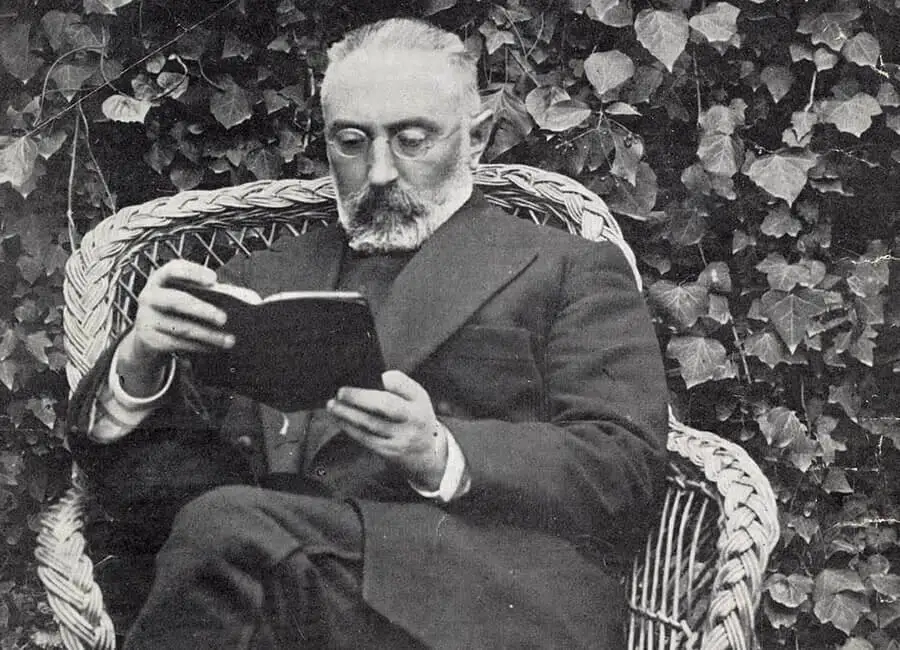
9. José Ortega y Gasset (1883 – 1955)
Another of Spain’s most important philosophers is José Ortega y Gasset, who was one of the greatest exponents of perspectivism and of vital and historical reason. According to perspectivism, human beings perceive reality from a specific and subjective point of view.
This means that there are many possible perspectives that determine any possible judgment of truth. This implies that there’s no way of seeing the world that can be considered definitively true.
For its part, vital reason is a model proposed by the author as an overcoming of the pure reason that had been imposed during the Modern Age. Although it allowed the advancement of the natural sciences, it didn’t do so with the human sciences, because it was insufficient to learn about life.
10. María Zambrano (1904 – 1991)
Born in Málaga, María Zambrano Alarcón was a philosopher and essayist, whose work focuses on what she calls poetic reason. For this great thinker, philosophy begins with the divine, with the explanation of everyday things through myths. She held that when someone asks“What are things?”, it is from that point that a philosophical attitude is established.
According to Zambrano, there are two attitudes: the philosophical, which is created in humans when they ask themselves something out of ignorance; and the poetic, which is the answer in which, once deciphered, we find the meaning of everything.
Read more here: What Do Philosophers Do and Why Are They Important?
11. José Ferrater Mora (1912 – 1991)
Born in Barcelona, José Ferrater Mora is one of the most important contemporary philosophers. He was the creator of integrationism, a method that aims to integrate opposing systems of thought (such as nature-reason, soul-body, being-duty)
He also focused on ontological issues and was remembered for his great work: Dictionary of Philosophy, with 4000 double-column pages.
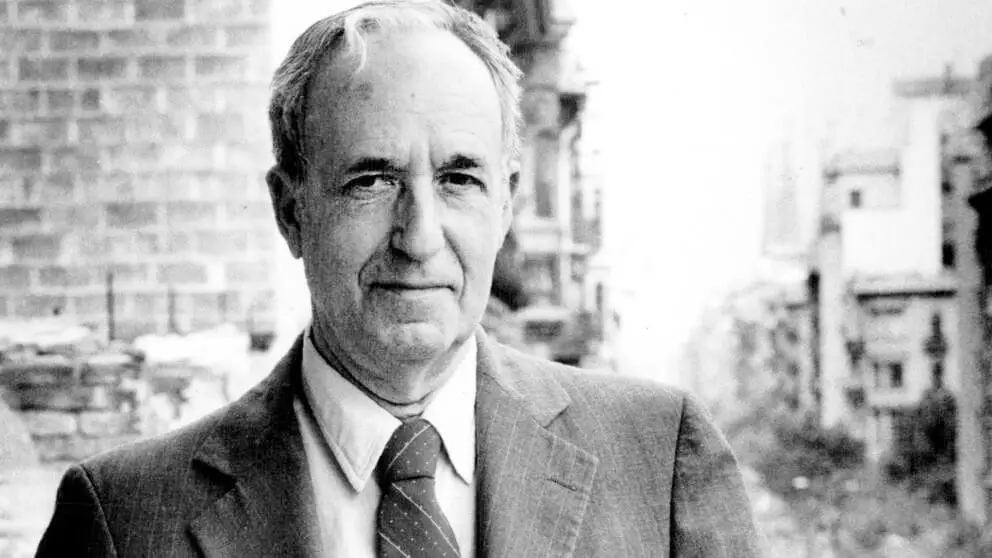
12. Gustavo Bueno (1924 – 2016)
A native of Santo Domingo de la Calzada, Gustavo Bueno was the author of a variety of books. His great philosophical contribution was the presentation of a new current of thought called philosophical materialism.
This current defends that only the material exists, denying spiritualism and spiritual substances. Therefore, the existence of the human being is linked only to the material world.
13. Fernando Savater (1947)
One of the most important philosophers in Spain today. His philosophical thought focuses on ethics, which has led him to reflect on politics and a variety of controversial issues.
It should be noted that his writing style is informative, as his intention is to nourish the reader with philosophical knowledge, without plunging him into confusion and uncertainty. Ética para Amador is one of his most famous works and the book that confirmed him as one of today’s great Spanish writers.
There are many more!
The list of Spain’s most important philosophers doesn’t end with the list we’ve brought you today. Maimonides (1138-1204), Francisco de Vitoria (1483-1546), George Santayana (1863-1952), Eugenio d’Ors (1881-1954) and Julián Marías (1914-2005), among others, are part of this group of thinkers who have left their mark on history.
All cited sources were thoroughly reviewed by our team to ensure their quality, reliability, currency, and validity. The bibliography of this article was considered reliable and of academic or scientific accuracy.
- Ferrater J. Is There a Spanish Philosophy?. Hispanic Review. 1951; 19(1): 1-10.
- Acero J. The Arrival and Establishment of Analytic Philosophy in Spain. Epistemology & Philosophy of Science. 2014; 39(1): 137-151.
- Pagden A. The Reception of the ‘New Philosophy’ in Eighteenth-Century Spain. Journal of the Warburg and Courtauld Institutes. 1988; 51(1).
This text is provided for informational purposes only and does not replace consultation with a professional. If in doubt, consult your specialist.








